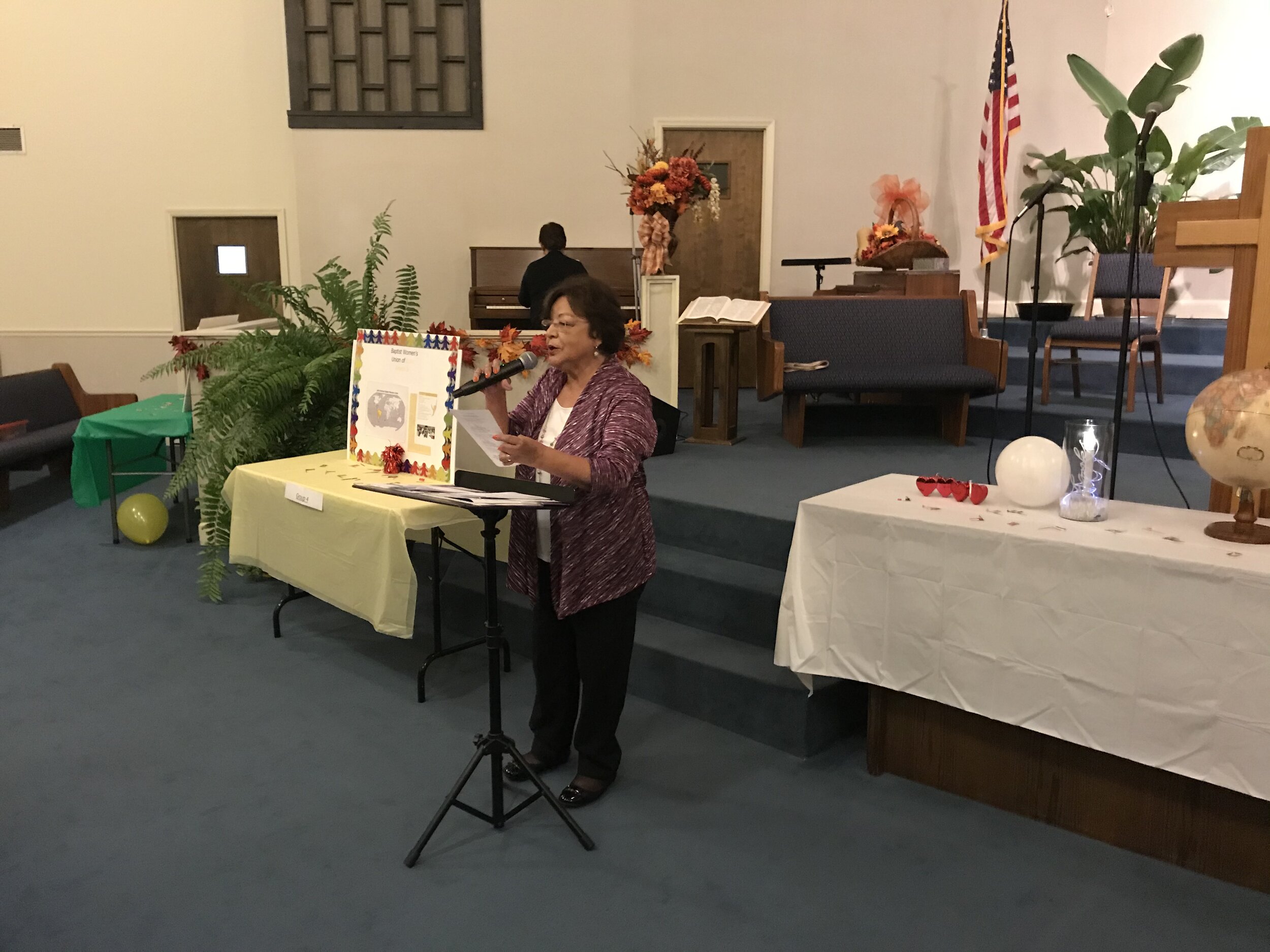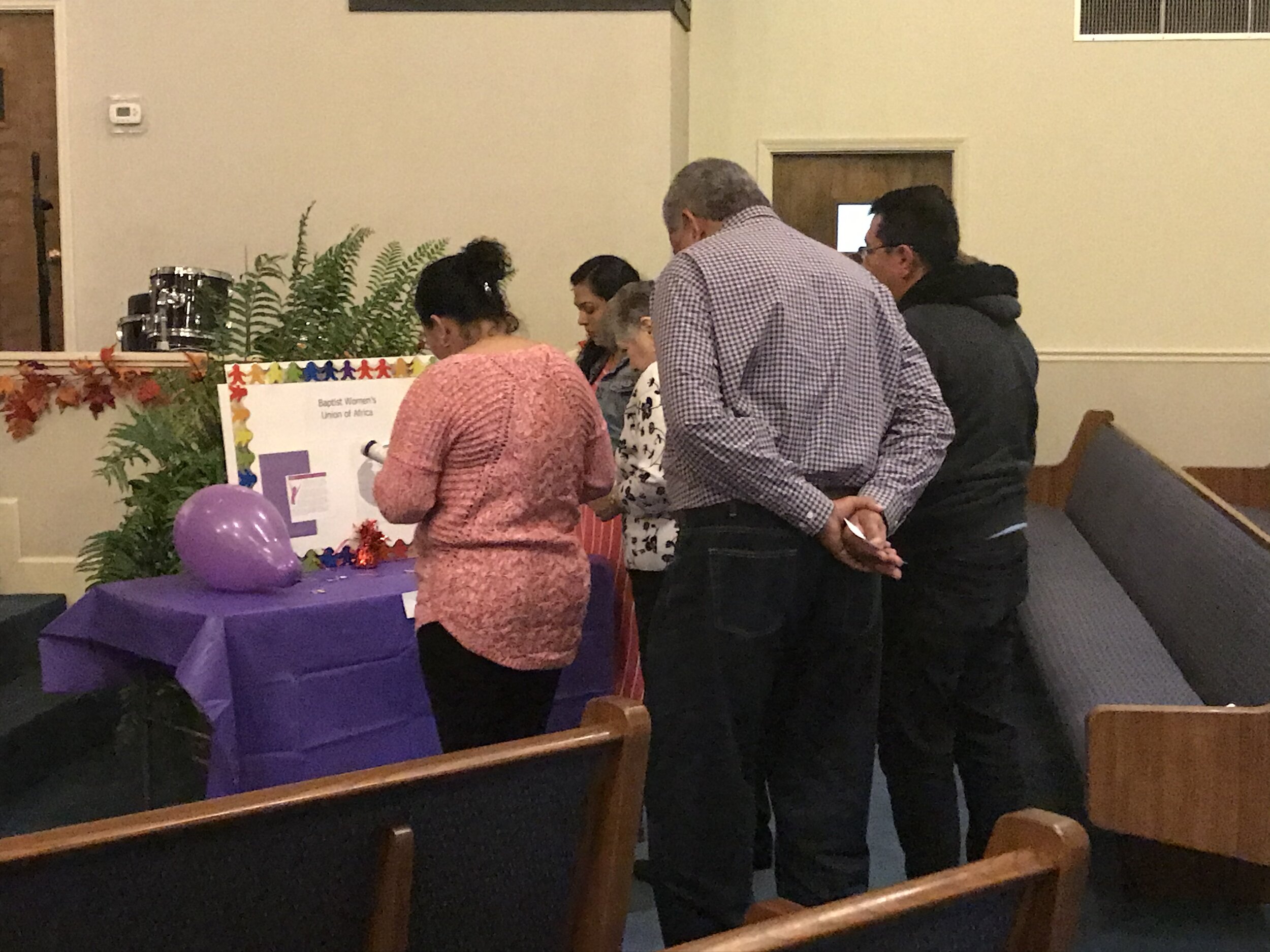What is church revitalization? Who and what does church revitalization deal with? Why is Church Revitalization important? These three questions will create a buzz within the heart of the pastor and leadership teams in a church that is plateaued or declining. Revitalization is the time to cultivate newness, stability and community in the church.
There are so many factors, circumstances, struggles, trails, and pains that has the church in the condition of revitalization. But I want to encourage you today, God is protecting you and using your story for His glory. Remember what Jesus’ response was to Peter in Matthew 16:18-19; “18 And I also say to you that you are Peter,[a] and on this rock[b] I will build My church, and the forces[c] of Hades will not overpower it. 19 I will give you the keys of the kingdom of heaven, and whatever you bind on earth is already bound[d] in heaven, and whatever you loose on earth is already loosed[e] in heaven.”
I am convinced that people have their own preconceived ideas on how to revive the church, but it is time to surrender to the Word of God and let Him reclaim His church. He has a plan and He knows what He is doing. Take some time and read Jeremiah 29:11-12(HCSB). God can turn it around when you surrender to His will, Way and Word.
What is Church Revitalization?
Church Revitalization is more than changing the welcome area into a café’, changing carpet in the sanctuary, painting the nursery or getting new worship songs. It is about connecting your situations to resources that will assist in leading the Church Body back to its first love, Jesus Christ. In church revitalization, the hope and intent are to resource, support, repair, and rebuild a plateaued or declining church to health.
Who and what does church revitalization deal with?
In Church revitalization, our team takes time to hear the story of the church from the pastor and his team. Typically, the church knows they need help and are still fighting to survive. All they need is assistance in the midst of having a building, money in the bank and a few good people. Mark Hallock said, “While money, people, and a building can all be great blessings to a church in need of revitalization, these can also help to create a false sense of security that prevents a church from making necessary changes to become healthy and growing again.” (Hallock, 2017)
Revitalization gives the pastor, leadership, and church members, the sense of continued identity and security of their church, doctrine and future. In addition, this process creates a holding environment for the leadership and membership. The holding environment is where people can feel safe as they confront possible changes in roles, priorities and values (Northouse, 2016).
It is during this holding environment that stress, and pressure is turned into movement, renewal and kingdom work. It is in this environment that the pastor uses a prescriptive and functional approach to problem-solving as an adaptive leader to fill the gap between the drawing board and action.
Why is Church Revitalization so important?
Studies show that approximately 75-80% of churches are stagnant or in decline. As many as 10% of Southern Baptist Churches will cease to exist in the next ten years unless fundamental changes are made. In fact, at least 500 churches in Tennessee are in danger of their doors closing if they do not experience spiritual awakening. (Board, 2019)
Dwayne Lewis
Church Planting Strategist












